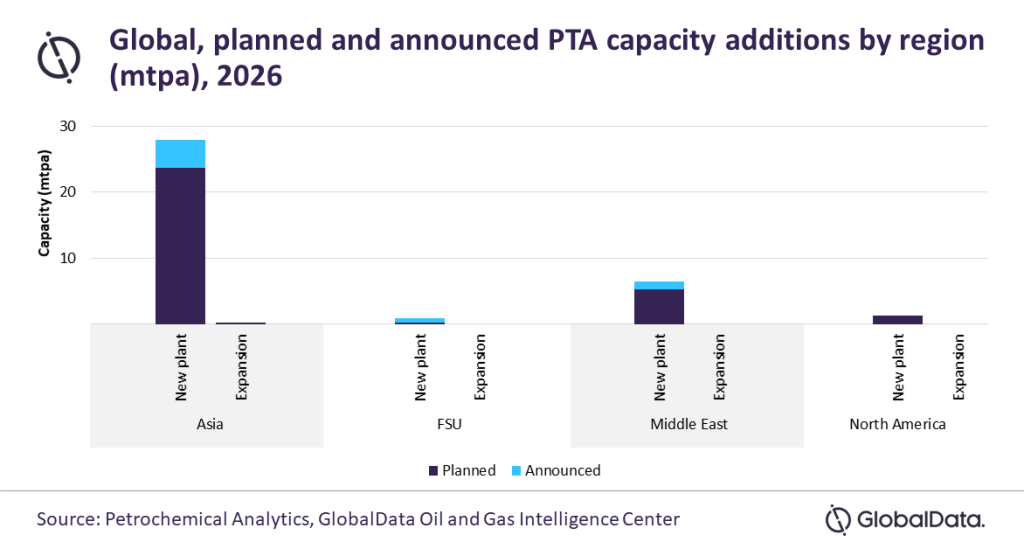 11 February 2014, Abuja – Despite the privatisation of the Power sector, the Federal Government yesterday, projected that at least the sum of $11.5 billion (about N1.897 trillion) is needed as annual investments in power generation and distribution over the next five years to infuse 5,000 Mega Watts into the national grid and ensue electricity supply stability.
11 February 2014, Abuja – Despite the privatisation of the Power sector, the Federal Government yesterday, projected that at least the sum of $11.5 billion (about N1.897 trillion) is needed as annual investments in power generation and distribution over the next five years to infuse 5,000 Mega Watts into the national grid and ensue electricity supply stability.
It also revealed that in the next 30 years ranging from 2014 to 2045 over $900 billion is required for infrastructure development under the national infrastructure master plan. President Goodluck Jonathan made the disclosures while delivering keynote address at a one- day Nigeria Power Financing Conference which theme was “Private Sector Financing/Support Electric Power and Infrastructure.”
Jonathan who was represented by Vice President Namadi Sambo spoke while addressing stakeholders in the power sector and nation’s development partners at the conference held at the Banquet Hall of the Presidential Villa. He assured that since power sector is critical element to socioeconomic development of the country, the Federal Government would not relent in enhancing service delivery in the sector.
According to him, “The power sector is very critical to the attainment of our national goals. Our commitment to greater service delivery in this sector remains very strong and unshakeable given its strategic importance to the development of our country. “Today, our per capital electricity generation is still low and this cannot lead us to our national development target. We must fundamentally reorganise the power sector to improve performance as well as increase our generation capacity to meet both industrial and domestic needs of our nation.
“The reform of the power sector was, therefore, conceptualized as one of the integral parts of our transformation agenda and the cornerstone of our overall national development plan as a demonstration of our resolve to effectively face the challenges facing the power sector in our country. He recalled that the first phase of the power sector privatisation, the legacy and distribution generation of the PHCH were handed over to the new owners on November 1, 2013.
He said the symbolic milestone ended three years of concerted efforts by all stakeholders from around the world in the implementation of the presidential road map on power which he launched in August 2010. He said: “Related to this was the 10 National Integrated Power Projects with the estimated output of 4,700MW which had been under construction was substantially completed. The process towards privatisation of these plants is expected to be completed by December 2014.
“The benefit of this reform would speed up the development of our national economy and contribute massively to industrialisation, provide employment and social security for our people. It is strongly believed that the private sector is better for effectively mobilising and managing the huge capital required for constant and affordable power supply to all Nigerians.
“Despite the initial pessimism of some of our foreign partners when we started our divestment programme in the power sector, our confidence in the Nigerian power sector remains firm and strong. “Our administration will continue to promote the power sector as a critical component of our economic development agenda and this is why key private sector operators have always been part of our official delegation to most international engagements. “Under our national infrastructure master plan, substantial amounts are required for infrastructural development efforts in the next 30 years covering 2014 to 2045.
“The energy sector alone needs an infusion of about $900bn during this period. Of this, a significant percentage is expected to come from the private sector. “The power sector alone needs about $10bn for generation and distribution companies in the next few years to enable us add 5,000 MW to the national grid. Similarly, our transmission grid requires an annual investment of about $1.5bn for the next five years to ensure its reliability and stability. “The transmission company of Nigeria has commenced aggressive implementation of the expansion blueprint by leveraging funds from both the appropriation, financial and multi-lateral institutions.
“The FG is also undertaking new investments in power as well as renewable energy such as solar, wind and hydro power plants and also in major gas infrastructure. “This infusion of resources from other sources will go a long way in fully realising these efforts, besides power, we are also making huge investments to meet our other infrastructural needs including our road networks, telecommunications, railway, water resources, water rails, aviation and so on. “Government alone cannot fund infrastructural needs in Nigeria. Today’s global economy depends on the active involvement and sustained contribution of all stakeholders, especially the organise private sector.
“This conference, therefore, comes at the appropriate time. The opportunities for foreign direct investments and returns in Nigeria are attractive. Our economy is growing stronger everyday.” “I therefore hope that this conference will come up with practicable strategies for the power sector and I also hope that it will devise strategies to unlock the much needed capital for wider infrastructural development.”
– Clement Nwoji, Daily Newswatch



